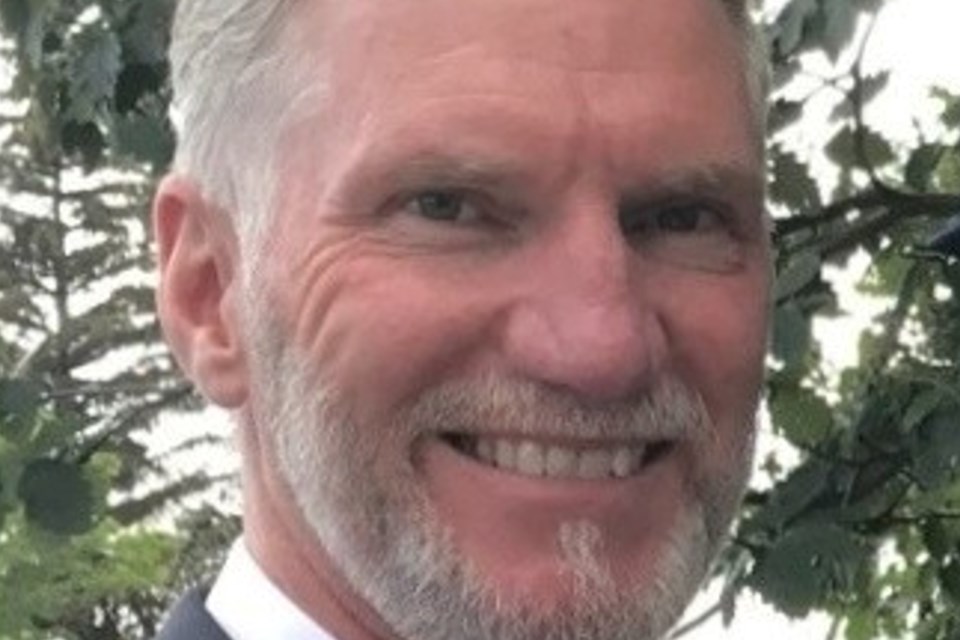Ontario residents might need to shift their health care focus from "Who's your doctor?" to "What's your family health team?"
That would be a helpful move, said Dave Courtemanche, the executive director at Sudbury's City of Lakes Family Health Team (who retires in that role at the end of April) and board member of the Ontario College of Family Physicians (OCFP).
Courtemanche believes in the effectiveness and efficiency of family health teams and said it could be one of the solutions to help solve Ontario's doctor shortage crisis. Many doctors are retiring. Many others are opting out of family medicine.
He was commenting March 11 on new data released by OCFP that said more than 2.3 million Ontario residents do not have a family doctor.
What’s more, the shortage is getting worse.
"And in the next 24 months, that's going to almost double to 4.4 million," said Courtemanche.

He added that the issue is far more serious than many people expect and it will hit Northern Ontario hard.
"What's new is that we have some data now around the Sudbury, Manitoulin and Parry Sound area; there's 32,000 people without a family physician," he said.
"That number is going to double in the next two years as well, to 63,000 people. So that's a direct impact on the people of Northern Ontario."
Courtemanche said recent news stories have come out across the North indicating that thousands of patients will be losing family doctors in places such as Sault Ste. Marie and many other small communities.
“It's time for the Government of Ontario to take concerted action, to support family doctors in terms of both retention — keeping the same docs we have — and recruiting the doctors of the future," he said.
Courtamanche said the province needs to deal with the issues of providing better pay for doctors along with finding ways to reduce the paperwork burden, which in many cases is taking up to 19 hours per week. One issue, for example, is that some workplaces require their employees to bring in sick notes if they’ve been off sick.
He said he is not surprised when he hears that family doctors are giving up their personal practice to pursue other types of medical work.
"And the reality is for family physicians, particularly in Northern Ontario, family medicine has really evolved over the last 20 years. It's way more complex now than it used to be. The job is much more difficult now than it used to be, and the compensation has not kept up with that," said Courtemanche.
"It's a growing crisis,” Courtemanche said. “It's having an impact on the rest of the system. Too many people are showing up at the emergency department for routine care where they shouldn't be there, they should have access to primary care."
Courtemanche said the change has been several years in the making, but the good news is that the problems can be addressed. He said the creation of NOSM University with its strong commitment to family medicine was a significant move in the right direction.
"What we know from experience and in partnership with NOSM is that the emerging generation of family physicians want to be part of teams. It's a part of their training that actually happens with us, as it does right across Northern Ontario,” he said. “Medical students and family medicine residents with NOSM are getting their training right in the communities that they're going to serve.
"It's a very different model of medical training that really works well. And what we know is that these young physicians in particular, want to be part of a team. for lots of reasons," Courtemanche added.
He said patients do not always need to see the doctor at every appointment. Sometimes it can be a nurse practitioner, a registered nurse, a social worker or a dietitian that sees the patient and their health care needs are still being met.
He said instead of the care being an urgent matter when something is wrong, the care is more about preventive care and about managing chronic diseases and other issues.
"So it really alleviates a lot of the burden on family physicians. It's a very collaborative approach in terms of how to provide comprehensive care to a patient. I think that's really significant in the sense of, we want more family physicians, but we want more family physicians that are prepared to open up a family practice with comprehensive care over a lifetime," said Courtemanche. “That's what's really required in terms of addressing the needs of patients. And it's not just good for the family practice for the patient, it's good for the entire health care system."
Len Gillis covers health care and mining for Sudbury.com.
.jpg;w=960)